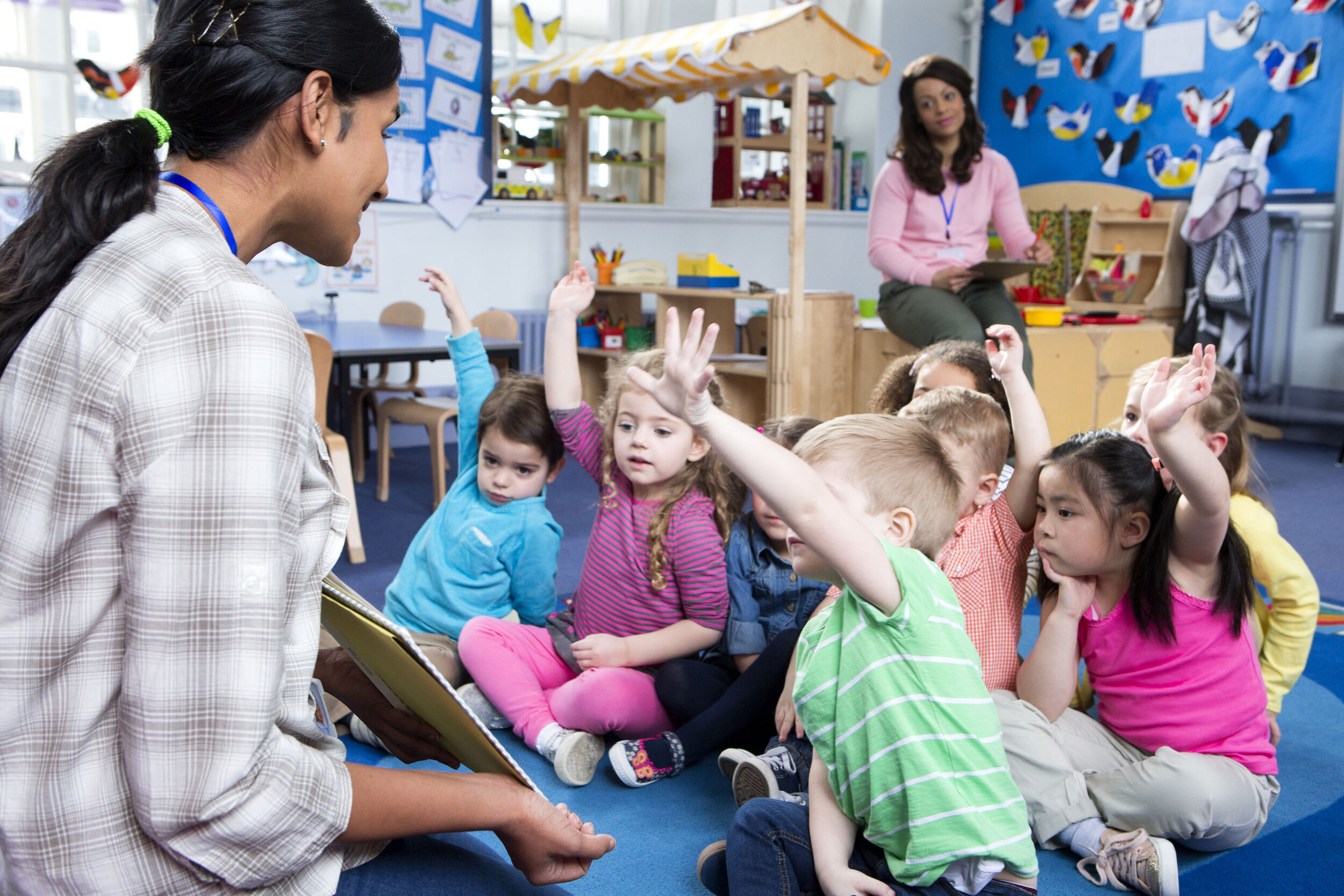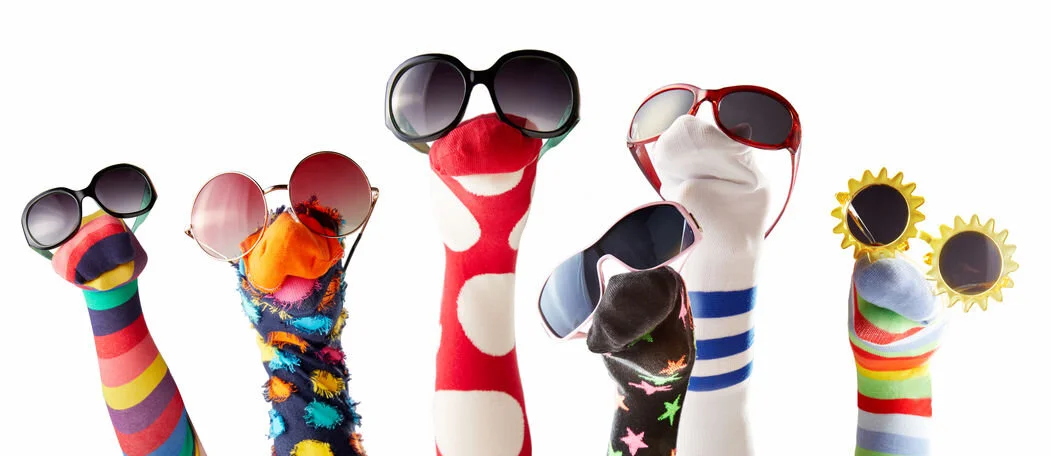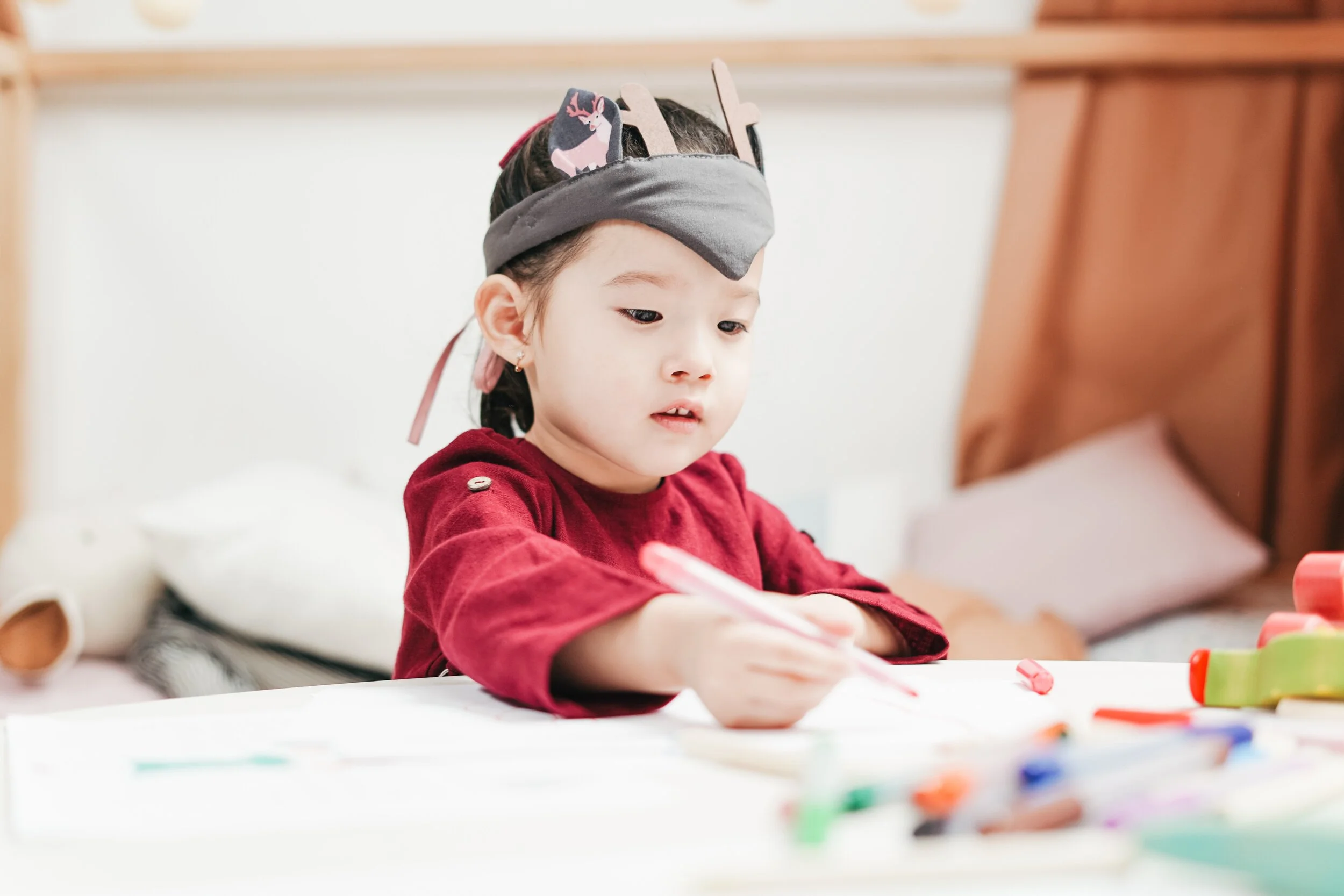What if you felt complete confidence in your ability to connect with and support even the children who challenge you most?
Sure, sometimes it still seemed impossible to connect with certain children...but that didn’t discourage you in the least because you knew: this is normal too. So you didn’t let it make you feel bad and you kept persevering and eventually? CONNECTION!
What if instead of feeling like nothing you tried worked when it came to that child who throws chairs, kicks, spits, swears at you, or runs and hides you had tools that prevented the behavior at about 95% of the time…
...and the other 5% of the time...











